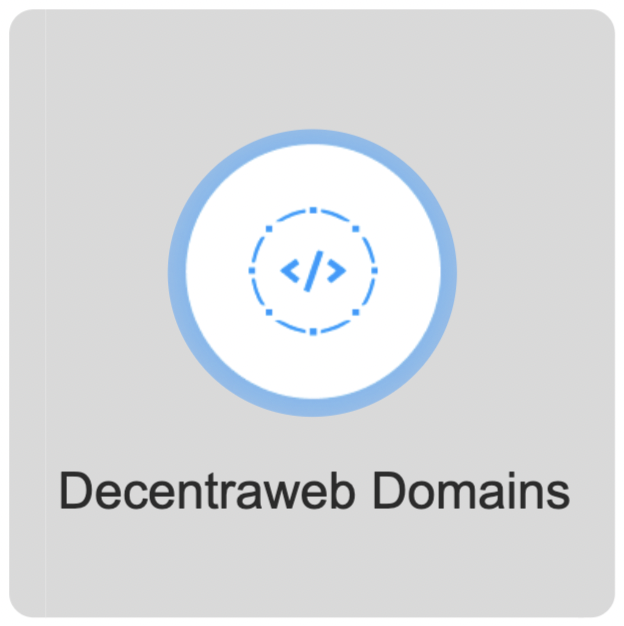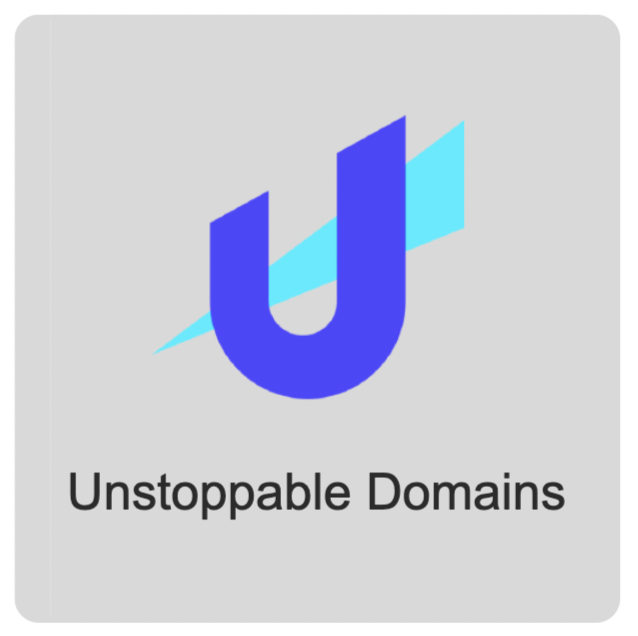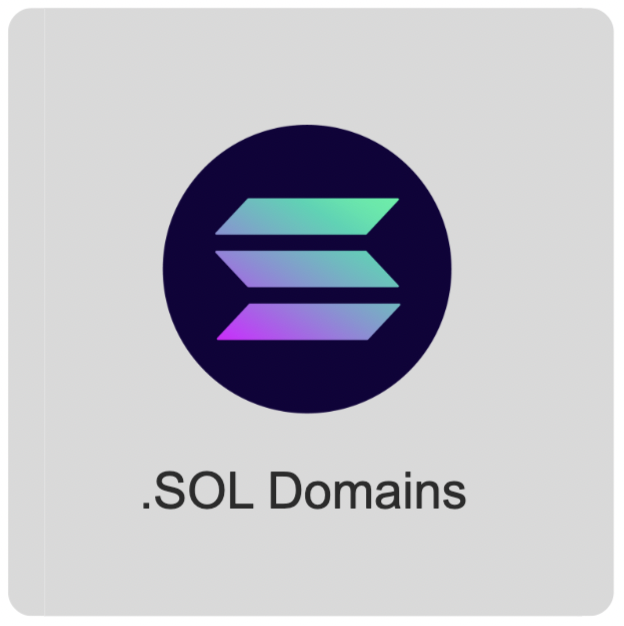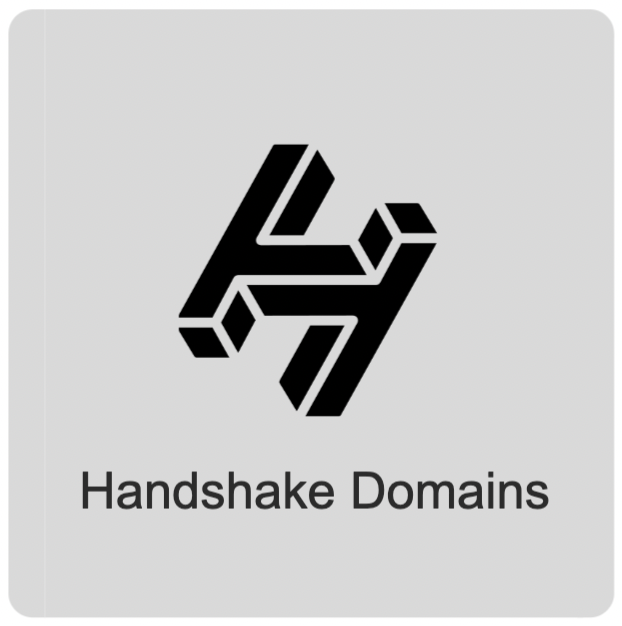Introduction to ETH domains
.eth domain names have grown quicker than traditional domain names comparing proportional quarterly growth state. In September 2022 alone there were 437,000 new domain registration generating over $5.5 million in revenue.
The Ethereum Name Service (ENS) is a distributed, open, and extensible naming system based on the Ethereum blockchain. They facilitate the creation and operation of .ETH domain names.
ENS’s job is to map human-readable names like ‘yourbrand.eth’ to machine-readable identifiers such as Ethereum addresses, other cryptocurrency addresses, content hashes, and metadata. ENS also supports ‘reverse resolution’, making it possible to associate metadata such as canonical names or interface descriptions with Ethereum addresses.
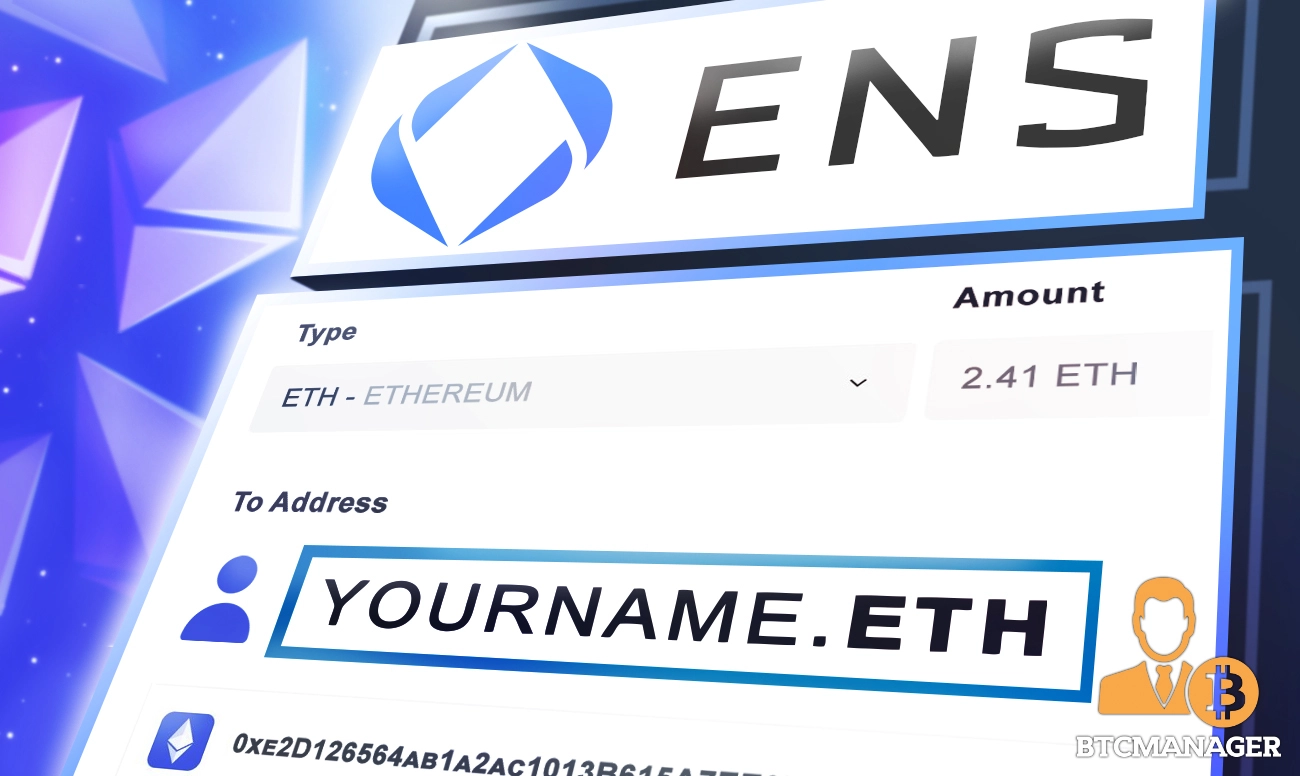
ETH Hype and Growth
To date, over 2.2 million total ENS names have been created amongst 546,000 unique users. In the last seven days, ENS notched 2,565 ETH ($4 million) trading volume on OpenSea, which was higher than the BAYC’s 1,934 ETH ($3 million), Otherdeed for Otherside’s 1,767 ETH ($2.8 million), and CLONE X’s 1,353 ETH ($2.1 million).
The dramatic surge in .eth domain name registrations has led ENS to outperform ETH over the past three months by more than 40%.. Unstoppable Domains community has registered over 2.5 million total domains, transacted $80 million in primary sales, and the project supports over 275 tokens and 370 applications.
Betting on .ETH’s bright future, buyers invest in these new forms of web domains with the intention of selling them at higher prices to companies that will unavoidably have to do business in the decentralized world. On the secondary NFT marketplace OpenSea, which accounts for 97% of all .ETH sales, three and four-character .ETH names find buyers at very high prices, like 555.eth, which was sold for $150,000 recently.
.ETH and Brand Protection
The .eth registrar is structured such that names, once issued, cannot be revoked so long as an active registration is maintained. This applies for trademark violations, cybersquatting, and even if they are used in crypto scams.
Unlike other programs such as Unstoppable, domain names have not been reserved for major brands, and therefore anyone can register anything they like.
Research by the Beijing University of Posts and Telecommunications, China found that of the top Alexa brands, over 15,179 ENS .eth names were squatter controlled. For example, the address 0x782cf6b6e735496f7e608489b0c57ee27f407e7d registered google.eth, mcdonalds.eth, redbull.eth, huawei.eth and many other well-known brands.
Recently, an anonymous buyer placed a bid of $1 million for the ENS Domain “Amazon.eth”. This bid came soon after both “Samsung.eth” and “Starbucks.eth” sold for 60 ETH (~$90,0000).
How do .ETH domain names work?
ENS is built on two Ethereum smart contracts. The first smart contract is the ENS registry, which records all the domains registered on ENS and stores three critical pieces of information about each domain: the owner of the domain, the resolver for the domain, and the caching time for all records under the domain. The second smart contract is the resolver, which translates the domain names to the machine-readable addresses and vice versa. This second smart contract matches each domain to the corresponding user, website or address.
Do .ETH domains need to be renewed?
.ETH domain name can be renewed or extended from between 1 year to 99 years in theory, depending on your budget and strategy. Anyone can choose to extend your domain name by paying for the renewal
What is the “registrant” and “controller” of a name?
The registrant is the account that owns the .eth name. They can transfer ownership to another account, and they can replace the controller address. The registrant is the owner of the NFT token that represents the name. The controller is the account that controls day-to-day operations with the name: creating subdomains, setting the resolver and records, and so forth.
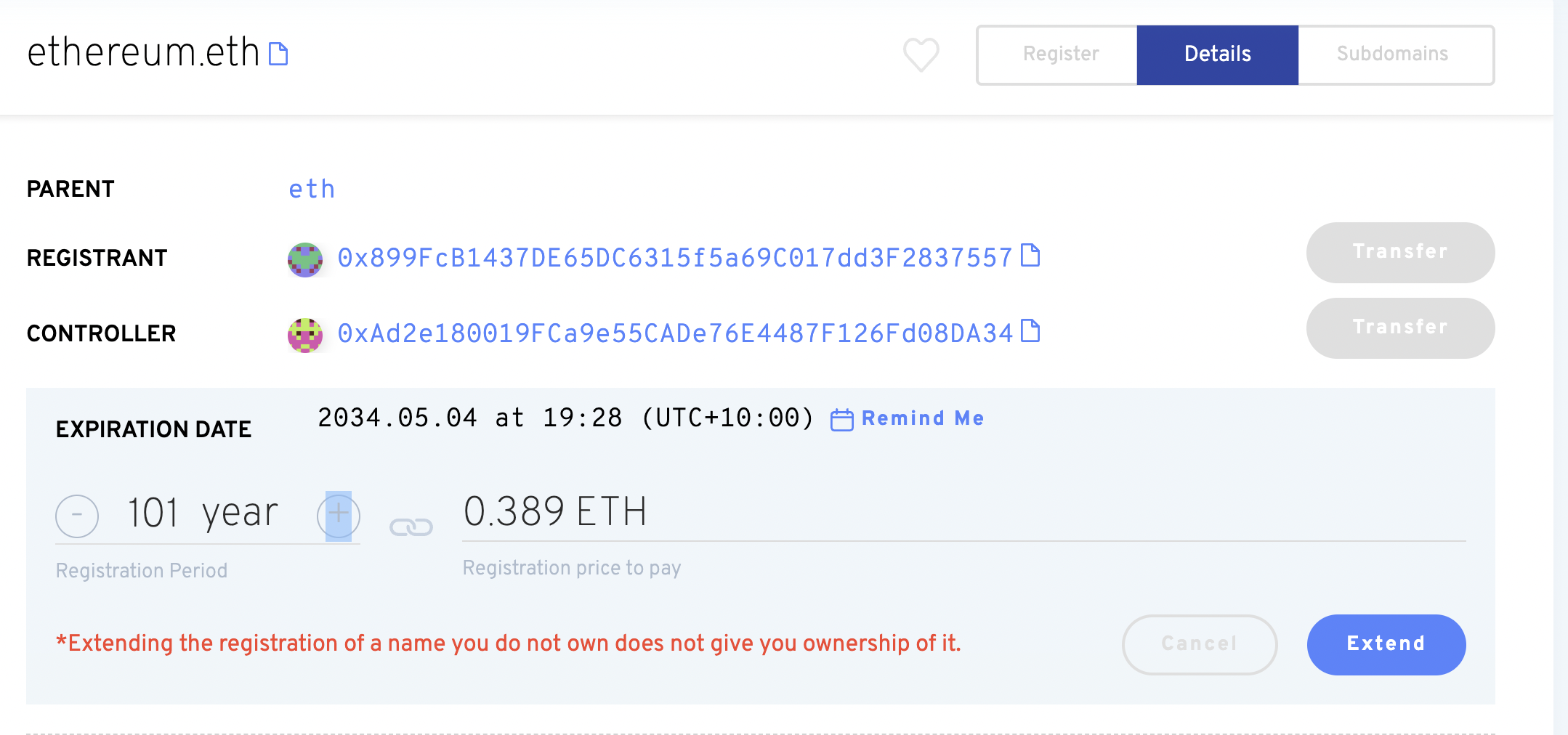
Brand Protection Options for .eth
Defensive Registrations: The first step is to register your brand and products in the major blockchain projects. In some cases, you will find that your brand is reserved and can be claimed for free. If your brand is not reserved and available, we recommend registering it as soon as possible to prevent 3rd parties from squatting on it.
No Dispute Mechanism: The growing popularity of blockchain domains has seen a landrush of people registering their stake(s) in the new internet. Unlike traditional domains, there is no dispute mechanism such as the UDRP. The owner of a blockchain domain name is not likely to publicise its identity. Therefore, it is often impossible to ascertain their identity. This presents challenges in determining the proper party, jurisdiction, and venue with respect to anti-cybersquatting, infringement, or other legal claims.
Buying on OpenSea: We are seeing many branded domain names for sale on NFT marketplaces, especially OpenSea. Brandsec can negotiate on our client’s behalf to acquire domain names for a fee for service, which includes defining a budget, communication strategy and purchase management.
Dispute Notice to Marketplaces: Trademark owners cal also send takedown notices to the marketplaces selling infringing .eth domains. OpenSea, Rarible, and Nifty Gateway all have procedures in place (with varying degrees of effectiveness) to deal with intellectual property violations. Once a takedown notice is sent to OpenSea, for example, OpenSea will notify the owner of the domain that the listing has been removed due to a takedown request (meaning it’s no longer for sale to the public). The notice will allow the owner to contact the brand holder, which might spawn more reasonable negotiations since the domain has been delisted. This approach could result in a more permanent remedy.
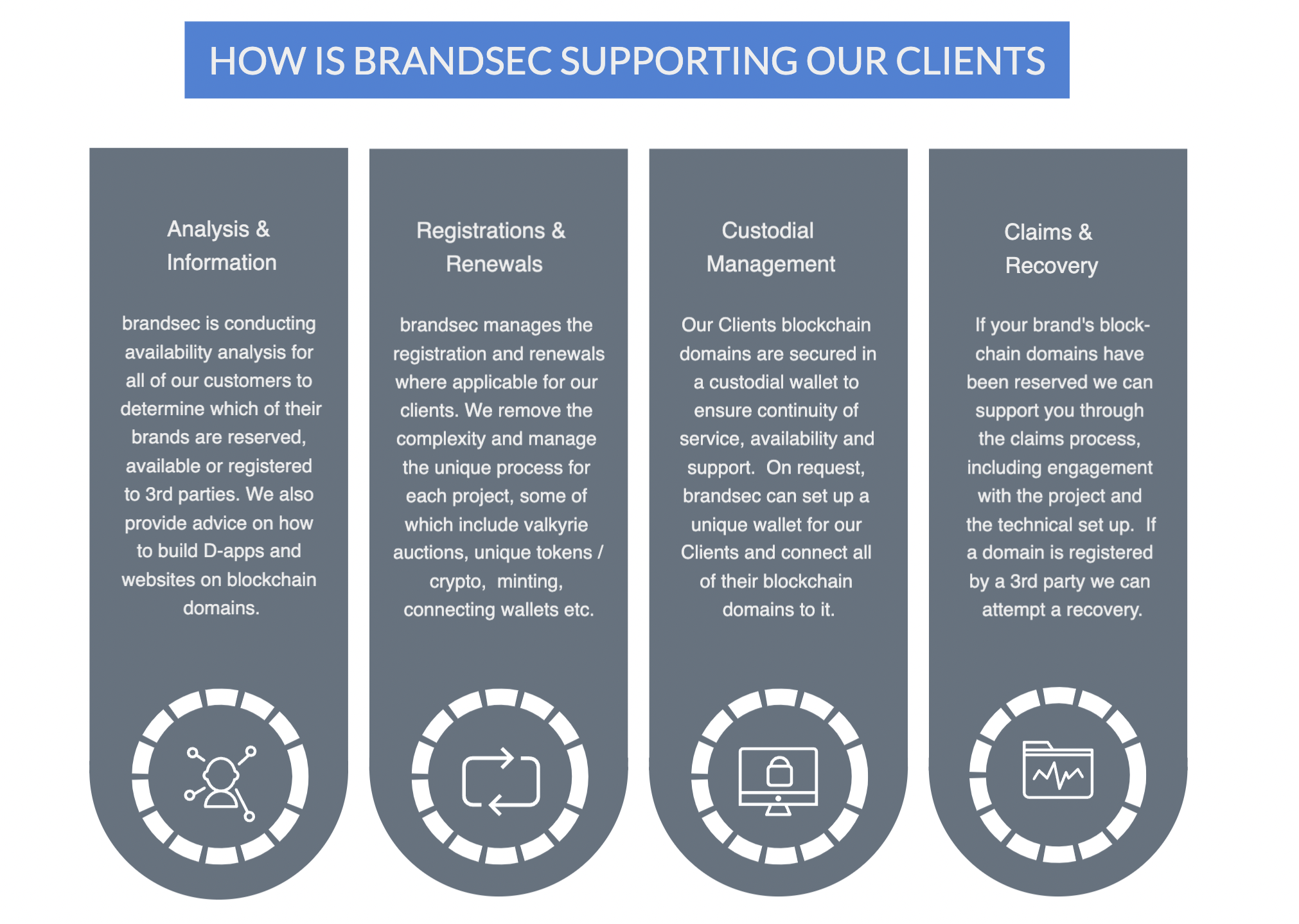
Other Blockchain Domain Name Projects
Our




